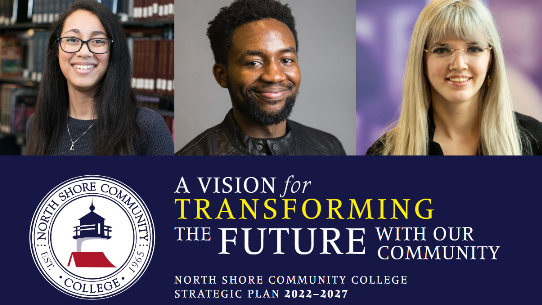
With rising 4-year college costs, community colleges offer an accessible, affordable option to begin higher education. Their flexibility and value provide multiple on-ramps to earning a degree and advancing your career. Community colleges should be considered by all students seeking postsecondary credentials and skills.
Low Tuition and Fees
The #1 advantage of community colleges is significantly lower costs. Average annual tuition and fees are just $3,770 at public 2-year colleges compared to over $10,000 for in-state public 4-year universities. This brings higher education within reach for many.
Financial aid like grants and scholarships is also widely available, making community colleges free for many low-income students. Their affordability provides opportunity. As President Joe Biden said, “Community colleges are gateways to the future.”
Career and Technical Programs
Community colleges offer career and technical education preparing students quickly for in-demand jobs through certificates and 2-year degrees. Fields like healthcare, information technology, advanced manufacturing, construction trades, and more have immediate workforce openings.
Eloy Ortiz Oakley, Chancellor of California Community Colleges, notes their “short-term career programs create economic mobility through skills with labor market value.” For those seeking quick preparation for a stable career, community colleges are unmatched.
Transferring Credits
Many community college students plan to eventually transfer to 4-year universities. Community college credits seamlessly transfer to most public universities and many private colleges through articulation agreements. This enables completing your degree for much lower overall cost.
Strong academic performance in an associate’s program at community college guarantees admission as a transfer student to state public universities in many states. This provides a smooth transition to a bachelor’s program.
Dual Credit in High School
Dual credit allows high school students to simultaneously earn college credits through community college courses. Often these credits are free or very low cost through special state-funded programs.
Head-starting on college credit in high school eases the workload and speeds graduation once you attend college full time. It also saves substantially on tuition.
Flexibility
Community colleges allow flexibility to take classes part-time or full-time on a wide array of schedules (including evenings and weekends) to accommodate work and family needs. You can stop and start based on your evolving life situation.
Their flexibility makes community college accessible for all kinds of students – those adjusting to college from high school, adults returning after years away, seniors exploring new topics. The ability to persist at your own pace is invaluable.
Small Class Sizes
Unlike large lecture-style university classes, community college courses have smaller class sizes that maximize personal instruction and support. Having access to professors provides mentoring and quickly resolving questions.
This learning environment helps students from all backgrounds thrive. According to Walter Bumphus of the American Association of Community Colleges, “Small classes allow tailored teaching approaches that meet diverse learning needs.”
Preparing for University
For students who struggled academically in high school or need to build basic math/English skills, community colleges offer developmental instruction to prepare for college-level work. Once ready, you transition into credit-bearing courses.
Their academic scaffolding provides access to higher education for all motivated learners. As Janet Napolitano, President of the University of California system states, “Community colleges empower students of all levels to attain their potential.”
Support Services
From tutoring and counseling to career guidance and financial aid assistance, community colleges provide robust student support services. These resources promote engagement and help students overcome obstacles to completion.
Extra support nets ensure students don’t slip through the cracks. Jill Biden, educator and policy advocate, emphasizes that “Community colleges understand meeting individual needs is the path to completion.”
Continuing Education
Beyond degrees, community colleges provide lifelong learning through continuing education programs. These serve learners seeking specific career skills, professional certification, fitness and hobbies, cultural enrichment, and more.
Low-cost continuing education is accessible at all ages and skill levels. It provides community engagement and purpose.
On-Ramps to Degrees
For those without college experience, short-term certificates from community colleges offer achievable milestones providing confidence. Many certificate programs ladder into degree paths, creating momentum.
Attainable wins starting small make higher education feel welcoming. Walter Bumphus explains, “On-ramps like certificates are often first steps motivating broader success.”
In an era of complex educational and career pathways, community colleges remain pragmatically focused on inclusive, affordable access to transformative opportunities. They empower diverse learners through flexible, supportive environments. For millions, they are the first step to brighter futures.









